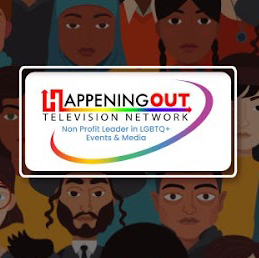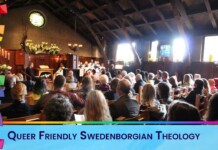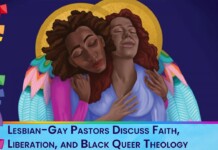In the swampy, supernatural world of HBO’s True Blood, the struggle for vampire integration serves as a potent allegory for real-world oppression and inequity. The central conflict revolves around vampires “coming out of the coffin” into the public eye, demanding their acceptance into human society.
This premise highlights themes of “othering” and bigotry. Vampires, though not homogeneous, are initially demonized and feared, echoing historical and ongoing discrimination against marginalized groups. The series depicts the varied responses to this sudden integration. Humans range from reluctant acceptance to unfiltered hatred, manifested by Christian fundamentalists & other hate groups.
Some vampires desire peaceful coexistence, while others, scarred by centuries of conflict & demonization, remain resentful and resistant to assimilation. This internal division among the oppressed mirrors real-world challenges within liberation movements. True Blood ultimately underscores how fear, ignorance, and the desire for power perpetuate cycles of oppression, while also subtly suggesting that true equality requires not just tolerance, but a fundamental shift in societal perceptions of “normal” and “other.”
















